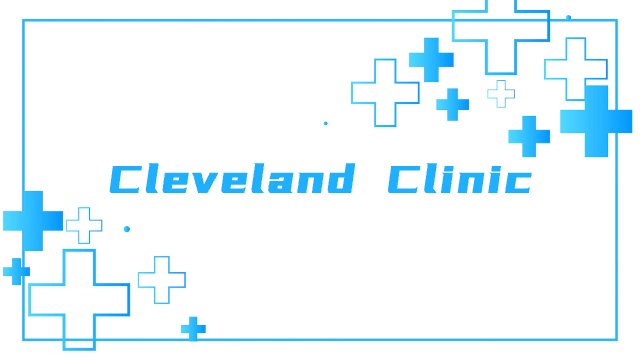The University Hospital Munich is one of the largest hospitals in Germany and Europe. It is a public institution with a strong research potential, teaching capacity and medical care capability, with approximately 9,000 employees, 2,200 beds, 45 clinics and several research institutes, The University Hospital Munich is one of Germany's leading institutions in the field of oncology, with its advanced treatment concepts, rich clinical experience and renowned team of specialists. The Munich University Hospital is ranked second in the German Focus ranking of hospitals.

Introduction to the Munich Comprehensive Cancer Centre
The Munich Comprehensive Cancer Centre is a centre for oncology treatment, research and teaching formed by a partnership between two Munich universities (Technical University of Munich and Ludwig-Maximilians University) and the Munich Oncology Centre with the aim of providing leading international treatment for cancer patients. At present, the centre has a total of 3,500 beds. In 2012 alone, 150,000 cancer patients were treated there.

The centre undertakes the radiotherapy services of the Munich University Hospital. There are six linear accelerators, 50 inpatient beds and six day-care centres. Services offered include IMRT, IGRT, brain radiosurgery, lung stereotaxic localisation, total body radiotherapy exposure and after-mount radiotherapy. The team includes experienced senior physicians, specialists, physician assistants, technical assistants, specialist physiotherapists and nurses.
In addition, the Munich Comprehensive Cancer Centre places extreme importance on the companionship and support that patients and their relatives receive during their medical treatment and offers services such as social counselling, nutritional counselling, exercise, psychology of oncology, palliative care and support teams.
Introduction to the Department of Neurosurgery at the University Hospital Munich
The neurosurgery department at the University Hospital Munich offers a high level and full range of neurosurgical procedures at an international level. Amongst other things, brain tumours are treated in a variety of modalities, including intraoperative imaging and fluoroscopy-guided resection, intraoperative monitoring such as speech monitoring during awake craniotomy, PET-guided serial stereotactic biopsies, molecular genetic analysis of tumour specimens, as well as innovative radiotherapy and chemotherapy.

Furthermore, it is also possible to offer many innovative local treatment concepts for tumour recurrence. In the field of skull base surgery, the full range of microsurgical treatments offered uses intraoperative monitoring and intraoperative imaging to provide continuous attention to functional preservation. This treatment is complemented by stereotactic radiotherapy and radiosurgery, either independently or as a combined treatment. Vascular malformations are treated by a multidisciplinary team of microsurgeons and specialist endovascular neuroradiologists: for each vascular malformation, an optimal combination of endovascular, microsurgical and radiosurgical treatment is chosen.
Functional neurosurgery includes deep brain stimulation (also for children) and all types of pain interventions; paediatric neurosurgical tumours, spinal deformities and craniofacial deformities are treated by a multidisciplinary team - for post-operative care, a specially equipped paediatric intensive care unit is always available. Epilepsy surgery is offered for adults and children. Spinal surgery includes degenerative diseases (including all stabilisation procedures) as well as vertebral, spinal and spinal cord tumours.
As an international clinic with first-class medical care, it is also possible to combine all the adjacent disciplines of the Klinikum Grosshadern medical group for treatment that is sufficient to meet high quality standards.

Professor Thorn, Professor and Chairman of the Department of Neurosurgery at the University Hospital Munich, is a member of the German Association for Neurosurgery (DGNC), the German Academy of Neurosurgery (GANS), the American Association of Neurological Surgeons (AANS), the American Congress of Neurological Surgeons (CNS), the American Academy of Neurosurgery, the European Association of Neurosurgical Societies (EANS), the European Association of Neuro-Oncology (EANO) He is a member of the American Society of Clinical Oncology (ASCO), the American Association for Cancer Research (AACR), the European Organization for Research in Cancer Therapy (EORTC), the European Society of Medical Oncology (ESMO), and the Eurasian Academy of Neurosurgery.






